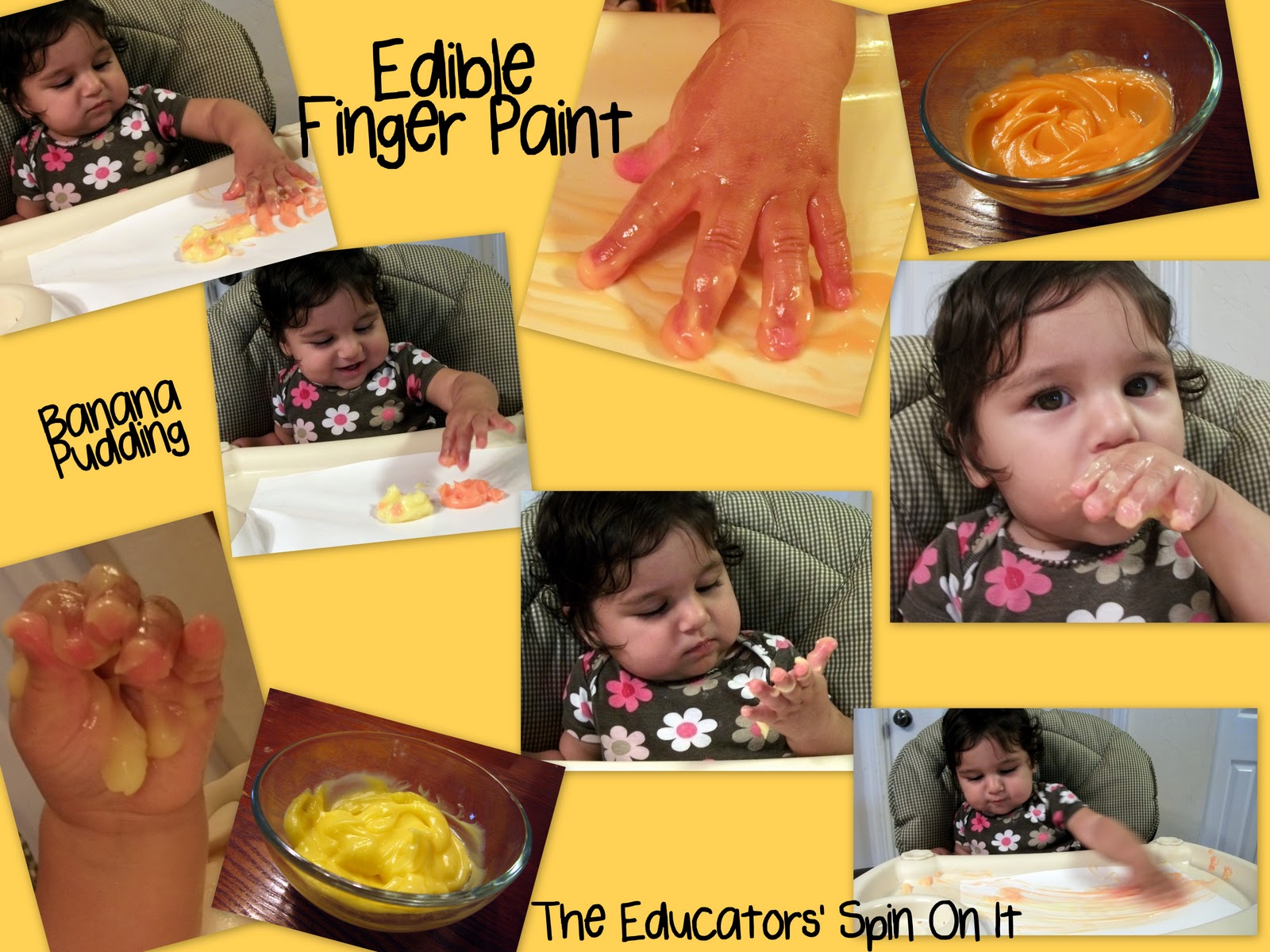In a world increasingly dominated by screens and digital interactions, the simple joy of finger painting remains a timeless treasure for children. The '4 girls finger paint' experience is not just about splattering colors; it’s a journey into self-expression, creativity, and bonding. When four girls gather around a canvas with vibrant paints, something magical happens. They immerse themselves in a world where imagination knows no bounds, and every color tells a story.
Finger painting serves as an excellent medium for children to explore their creativity without the constraints of traditional art forms. The tactile experience of mixing colors with their fingers allows them to engage their senses in ways that brushes and pencils cannot. This sensory engagement is crucial for young minds, promoting cognitive development and fine motor skills. Moreover, the act of creating together fosters collaboration and strengthens friendships, making the '4 girls finger paint' sessions not just an art project but a cherished memory.
As these four girls dive into their finger painting adventure, they learn valuable lessons in teamwork, patience, and the beauty of imperfection. Each stroke, splash, and blend is a testament to their individuality, while also showcasing their ability to work harmoniously as a group. This article will explore the various aspects of '4 girls finger paint', from the benefits of finger painting to tips for a successful session and even some creative ideas to spark inspiration.
What Are the Benefits of Finger Painting for Children?
Finger painting is more than just an enjoyable activity; it offers a plethora of developmental benefits for children, including:
- Enhanced Motor Skills: The physical act of moving paint around with their fingers helps children develop fine motor skills and hand-eye coordination.
- Boosted Creativity: Finger painting encourages children to express their thoughts and feelings in a visual format, promoting creativity and imagination.
- Emotional Expression: Colors and patterns can reflect emotions, allowing children to communicate feelings they might not have the words for.
- Social Skills: Working together on a project fosters teamwork and communication skills among peers.
How Can Parents Encourage Finger Painting at Home?
Parents can create a conducive environment for finger painting by following these tips:
- Set Up a Dedicated Space: Designate an area where children can freely create without worrying about making a mess.
- Provide Non-Toxic Materials: Ensure that the paints and other materials used are safe for children.
- Encourage Exploration: Allow children to experiment with colors and techniques without imposing strict guidelines.
- Join the Fun: Participate in the finger painting sessions to foster a sense of community and shared experience.
What Tools and Materials Are Needed for 4 Girls Finger Paint?
To set up a successful finger painting session for four girls, you’ll need some essential tools and materials:
- Non-Toxic Finger Paints: Opt for washable and non-toxic paints to ensure safety and easy cleanup.
- Large Canvas or Paper: A big surface allows for collaborative artwork, where everyone can contribute.
- Aprons or Old Shirts: Protect clothing to keep the fun from becoming a laundry disaster.
- Water and Towels: Have water and towels on hand for rinsing fingers and cleaning up spills.
What Creative Ideas Can Inspire 4 Girls Finger Paint Sessions?
To keep the enthusiasm alive, here are some creative ideas for finger painting sessions:
- Nature-Inspired Painting: Use leaves or flowers as stamps to create unique patterns.
- Theme-Based Art: Choose themes like seasons, animals, or favorite characters to inspire creativity.
- Collaborative Mural: Create a large mural where each girl contributes her unique art style.
- Storytelling Through Art: Encourage the girls to create paintings that tell a story they can share together.
How Does Finger Painting Foster Teamwork Among Friends?
When four girls engage in finger painting, they naturally develop teamwork skills. Here’s how:
- Sharing Ideas: Each girl can bring her unique perspective and ideas to the artwork, fostering collaboration.
- Problem-Solving: Challenges may arise, such as color clashes or space issues, requiring them to work together to find solutions.
- Mutual Encouragement: They can cheer each other on, fostering a supportive environment that boosts confidence.
- Celebrating Differences: Each girl’s style will be different, teaching them to appreciate diversity in creativity.
What Are Some Famous Finger Painting Artists?
While finger painting is often associated with children, many renowned artists have used similar techniques in their work. Here are a few:
- Jackson Pollock: Known for his drip paintings, his style encourages spontaneous and expressive painting.
- Yayoi Kusama: Her art often features polka dots and immersive environments, showcasing bold color use similar to finger painting.
- Henri Matisse: His cut-out technique resembles the freedom found in finger painting, where color and form are paramount.
Can Finger Painting Be Therapeutic for Children?
Indeed, finger painting can serve as a therapeutic medium for children, helping them process emotions and experiences. Engaging in art can be soothing, providing a safe outlet for self-expression. It allows children to communicate feelings they may not articulate verbally, making it a valuable tool in therapy sessions or at home for emotional exploration.
All in all, the '4 girls finger paint' experience is more than just a fun activity; it’s a window into creativity and connection. By engaging in such artistic endeavors, children learn valuable life skills, explore their emotions, and create lasting memories with friends. Whether it’s vibrant splashes of color on canvas or quiet moments of reflection, finger painting holds an essential place in the world of childhood development.


